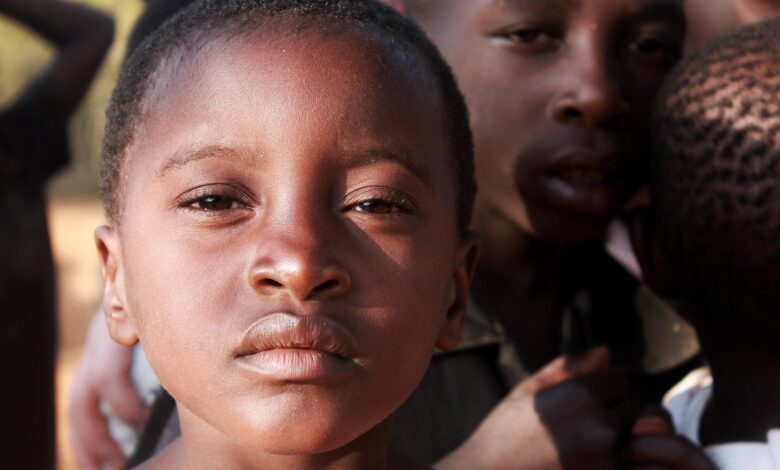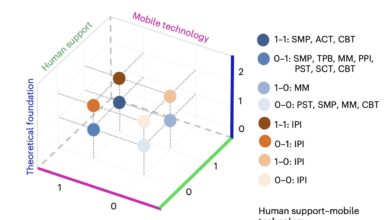Climate change driving sexual and reproductive health risks among young adolescents in Kenya

Climate change and extreme weather events are posing a serious threat to the sexual and reproductive health (SRH) of young adolescents in Kenya, as revealed by a recent study published in BMJ Global Health. The study highlights the impact of food, water, and sanitation insecurities on adolescents aged 10–14, especially girls, leading to increased risks of school dropout, transactional sex, gender-based violence, and early pregnancy.
Lead author Dr. Carmen Logie, a Professor at the University of Toronto’s Factor-Inwentash Faculty of Social Work, emphasizes that climate change is not just an environmental issue but an urgent public health emergency for young adolescents. The study collected insights from young adolescents and community elders, illustrating how drought, floods, and resource shortages are forcing children to drop out of school or engage in transactional sex for basic necessities.
The research involved 297 participants, including young adolescents and elders from six climate-affected regions in Kenya. Through various methods such as focus groups and interviews, the study explored how climate-induced insecurities are influencing SRH risks among youth. The findings uncovered direct and indirect pathways linking extreme weather events to poor SRH outcomes, including disruptions in food systems, water shortages, and lack of access to safe sanitation.
The study calls for climate-informed SRH interventions tailored to the unique challenges faced by young adolescents in low-resource settings. It emphasizes the need for policies and programs that address the root causes of insecurity to protect the health and future of young people. Dr. Julia Kagunda, Director of Elim Trust and a co-author of the study, stresses the importance of developing climate-informed, adolescent-centered, and gender-transformative programs to address these critical issues.
For more information, the study titled “Climate change, resource insecurities and sexual and reproductive health among young adolescents in Kenya: a multi-method qualitative inquiry” can be accessed in BMJ Global Health. The University of Toronto, in collaboration with Kenyan community-based organizations, conducted this research to shed light on the intersection of environmental justice and adolescent health in the face of climate change challenges.





